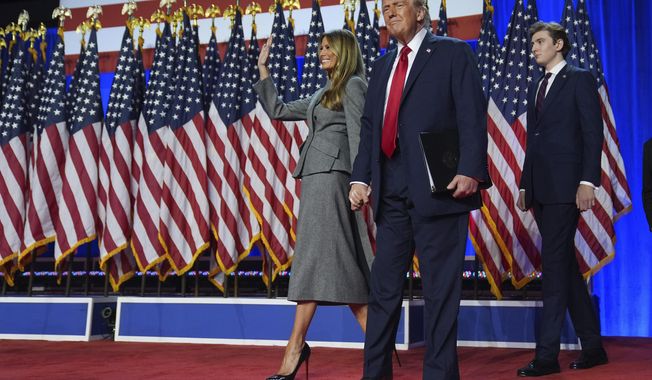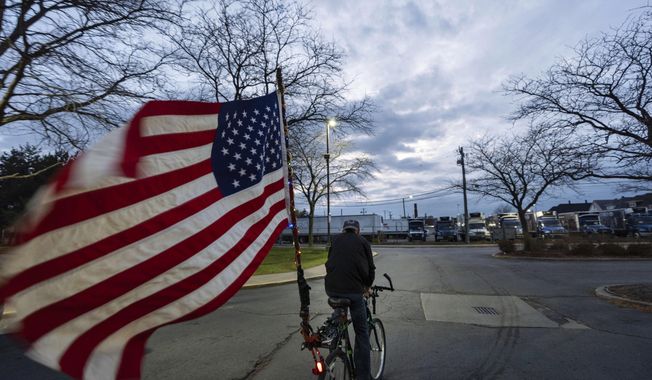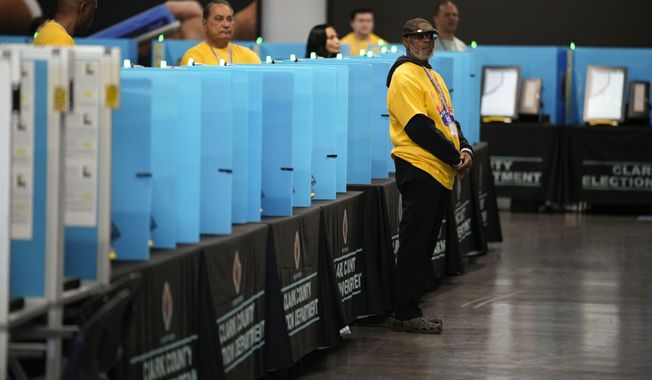
FILE - This Sept 13, 2012 file photo shows a Libyan man investigating the inside of the U.S. Consulate in Benghazi, Libya, after an attack that killed four Americans, including Ambassador Chris Stevens. The Senate Intelligence Committee released a report on the deadly assault on the diplomatic compound in Benghazi, Libya, Wednesday, laying blame on the State Department, the late Ambassador Chris Stevens and the intelligence community for failing to communicate and heed warnings of terrorist activity in the area and protect diplomatic facilities. The highly critical report also says the U.S. military was not positioned to aid the Americans in need, though the head of Africa Command had offered military security teams that Stevens _ who was killed in the attack _ had rejected weeks before the attack. (AP Photo/Mohammad Hannon, File)
Featured Photo Galleries
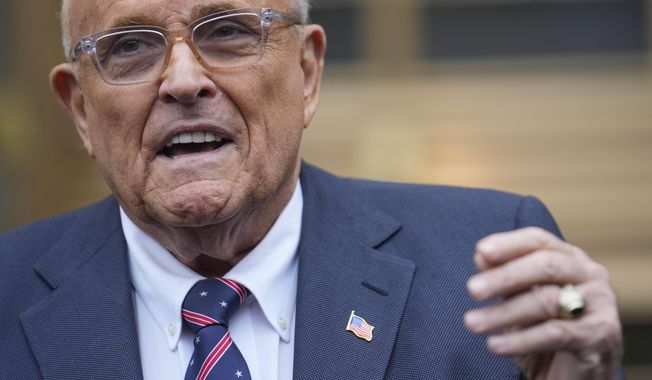


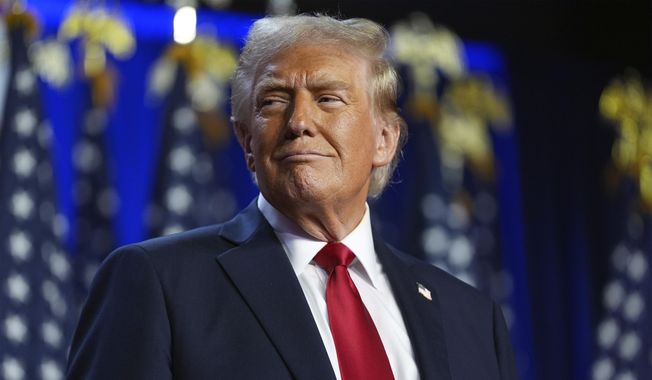
Trump Transition: Here are the people Trump has picked for key positions so far
President-elect Donald Trump has announced a flurry of picks for his incoming administration. Get full coverage of the Trump transition from The Washingon Times.

Trump dances onstage, takes post-election nation by storm
President-elect Trump dances onstage




